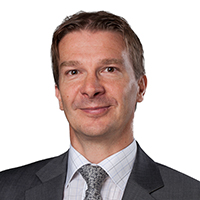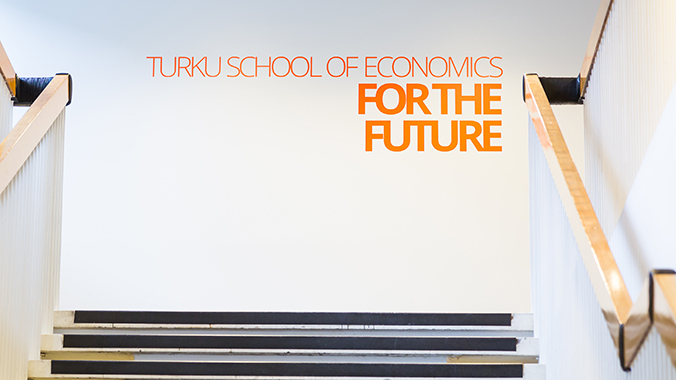The role of business schools in the society

University students are the future leaders and decision-makers of our society. Therefore, we need to carefully consider what and how we teach them. The financial crisis that started in 2008 put business schools into the spotlight in this respect, first especially in the US. Around that time the question was raised: to what extent students are taught to become responsible and future-oriented decision-makers instead of becoming short-sighted profit maximizers? After those discussions, business schools have globally taken the issue seriously and incorporated responsibility more or less into their curricula, not least because international accreditation bodies are also driving this development.
Like the whole university sector nowadays, the business school sector is a highly competitive environment. This involves something special for business schools: international quality accreditations. In order to be internationally more attractive and better recognized, Turku School of Economics (TSE) is currently going through the highly demanding evaluation and development process by the US-based Association to Advance Collegiate Schools of Business (AACSB; less than 5% of business schools globally have this quality label). Accordingly, we have been developing our activities to meet the 15 quality standards, meaning new systems and practices to evaluate and develop faculty qualifications, learning, and impact. More generally, the role of business schools could be presented along the following lines (adapted from the agenda of AACSB):
- Co-creators of knowledge: high quality research (also) through partnering in knowledge formation at the intersections of academia, industry, and the public sector
- Catalysts for innovation: networking to foster new solutions
- Leaders on leadership: advancing research into understanding leadership and creating environments that train responsible leaders
- Enablers of global prosperity: helping to address societal goals, including creating ethical and sustainable organizations
- Hubs of lifelong learning: offering education from Bachelor level to executive training.
What I personally would like to emphasize here is enabling our students and new graduates to think differently and innovatively, to make a difference in the world. This is why we at TSE put special effort in renewing our curricula as we strive for responsible management and a sustainable society. Futures Studies offer a good basis to develop, together with other disciplines, our understanding of the operating environments and requirements of the future. In general, our aim is to embed foresight and responsibility into the mindsets of our students and other stakeholders. That is why our slogans are: “For the Future!” and “A Great Place to Think Ahead!” It has been inspiring to notice how these initiatives bear fruit already. A great example is the Choose Your Future award winning course work and the start-up company established upon that.
Also the ideas of networking to foster new solutions and co-creation of knowledge label our strategy today. The award winning StartUp! course and the Innovation Camp concept, where students are creating new business models and developing existing ones through real-life problem solving, are great examples of such activity from the learning perspective. Such initiatives directly link to strong entrepreneurship research and education, and to the Entrepreneurial University initiative.
All the above is yet based on international high quality research. Business studies and economics are fields of social science where quality requirements are similar to any other field of science. This is something many business practitioners do not seem to recognize (I have though seen similar signs among some academics, too), which may create wrong assumptions towards business disciplines and the applicability of research results directly to contribute to the success of corporations. We do high quality research in a competitive environment, both theoretical and applied, and that is something to be acknowledged by the stakeholders: we also need time for concentrating on – increasingly inter-disciplinary – research on important business, management, economics, and other societal issues. This means prioritizing long-term knowledge accumulation over short-term benefits.
Markus Granlund
Dean, Professor, Turku School of Economics
